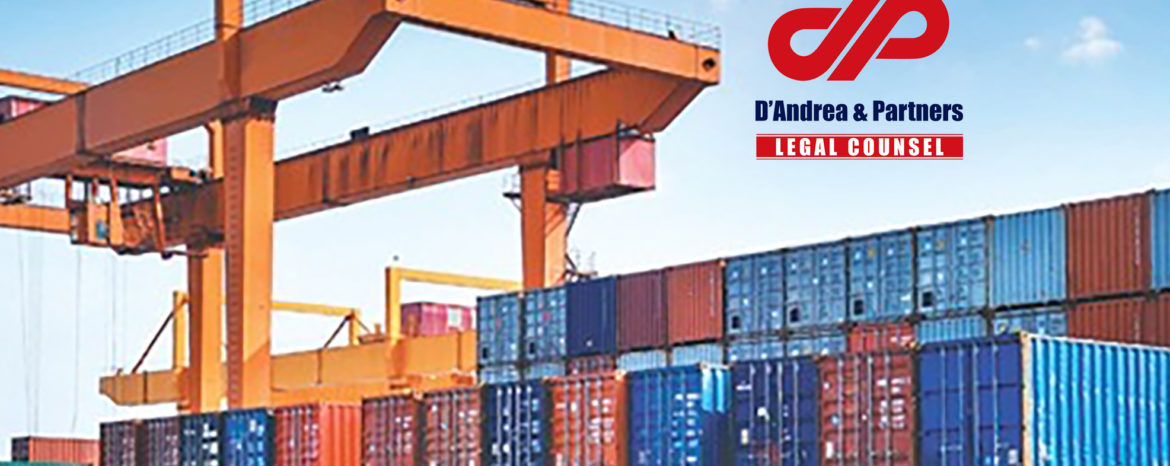Trade facilitation is a priority of the Indian Government, in particular in order to render Indian exports more competitive. The incentives and aids related to the export of goods and services are contained in a Foreign Trade Policy (FTP), valid for 5 years, adopted in accordance with the Foreign Trade (Development & Regulation) Act.
The current version of the FTP was approved in 2015 and will remain in force up to the 31st March, 2020. In accordance with the FTP, benefits are provided under merchandise export from India scheme (MEIS) and services export from India scheme (SEIS).
However, India’s export subsidies have been challenged by the US, the European Union and other nations, including Brazil, Russia, China, Japan, South Korea, Sri Lanka, Canada and Egypt to possibly violate WTO rules as the country’s per capita income has been over USD 1,000 a year for several years now. In fact, the WTO mandates that a country can offer export subsidies as long its per capita income is below USD 1,000 a year, a quota reached by India in 2010. Although there is a general cushion of eight years, in accordance with WTO rules, if the per capita income is above USD 1,000 for three years in a row, as in the case of India, the aforementioned cushion cannot apply.
The inventive schemes shall therefore be urgently redesigned so that they do not function as export subsidies. The Commerce Minister has declared, on January 2019, that “we are recasting our export incentive schemes. In the new FTP, they would be in compliance with the global trade rules. The new incentives could focus on R&D activities, production parameters, product-specific clusters. Rebate can also be given on state levies”.
This is particularly important for the textile sector, as it has long graduated out of the special dispensation that the WTO extends to vulnerable sectors or countries that need support by allowing them to extend export incentives that are otherwise banned. Under the current MEIS, the government gives incentives to exporters equivalent to about 4 per cent of their export value in the form of duty credit scrips that can be used to pay customs duties and are freely transferable.However, in order to comply with WTO rules, the government is working on a plan to repeal the MEIS scheme while extending the Rebate of State and Central Taxes and Levies scheme (i.e., a measure that reimburses garments and made-up exporters all un-remitted input taxes paid at the State and Central levels) to all textile products.
Generally speaking, as for the new FTP, the commerce ministry is engaged with all commodity boards and ministries concerned for identifying the support measures compliant with global trade rules. The new scheme should include the refund of indirect taxes (such as oil and power) and state levies.
D’Andrea & Partners will continue to keep you updated on further developments of the new FTP in India. Should you have any enquiry, please don’t hesitate to contact us via info@dandreapartners.com


